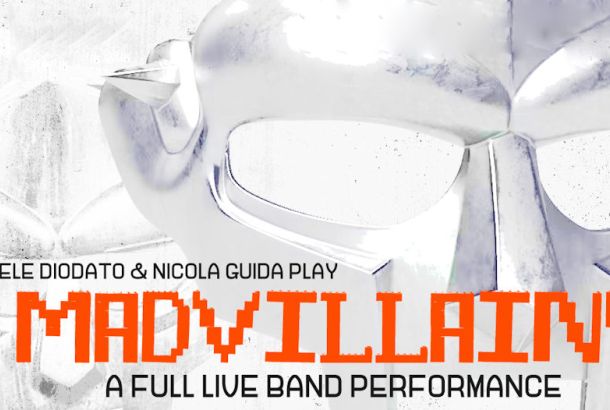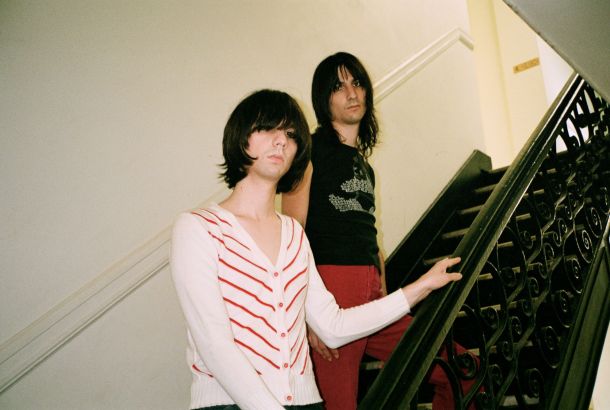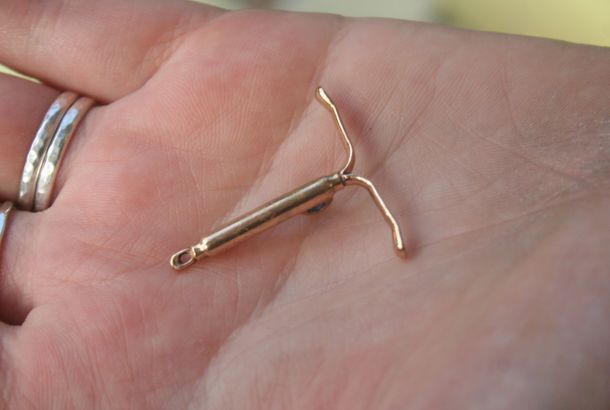My Political Hero: Ho Chi Minh
Choosing French colonial and Vietnam War-era nationalist communist leader Ho Chi Minh was not a difficult choice for this column. I do not particularly support Communism in general, nor do I even consider myself to be especially left-wing, but the legendary leader is something of an inspiration to me. As a man who travelled the world and fought his whole life for what he believed in, he ultimately outfoxed and defeated both the French and the Americans to permanently liberate a country that was under occupation for 150 years, before which it had been subjugated for over a thousand years by the Chinese. He was also a shrewd, intelligent, and extremely dedicated leader who is revered in contemporary Vietnam almost as a deity.
Born in 1890 near the city of Vinh, north/central Vietnam, as Nguyen Tat Thanh to a family of fluctuating wealth, his father (a teacher and magistrate) taught him Confucian ideas and imbued him with a disdain for French colonial rule, as well as a strong sense of Vietnamese nationalism. He moved with his family to the colonial capital of Hue (central Vietnam) as a young boy where he was educated at a good school, learning French there.
Ho became a sailor and travelled the world: he worked in numerous countries, including as a chef in a London hotel and on the dockyards in Brooklyn. He also visited other parts of the French Empire and witnessed the exploitation suffered there, which mirrored the oppressive conditions of his own people. He joined revolutionary Vietnamese communist leaders in Paris in 1917 and read the works of Karl Marx, also helping form the French Communist Party. He then lived in Russia, China, Thailand and India for many years, fearing arrest by the French in Vietnam. However, the Japanese overpowered the French in Indochina (modern-day Vietnam, Cambodia and Laos) during the Second World War in 1940 and Ho seized the opportunity to propagate his nationalistic ideals and formed the Vietminh independence movement.
He had been away from his homeland for 24 years before his return in 1941; he was reportedly suffering from dysentery and malaria at this point and was close to death. Ironically enough, he was saved by American doctors. The Vietminh fought a guerrilla campaign against the Japanese (supported with Soviet weapons and American intelligence), and after the August Revolution of 1945 Ho Chi Minh became president of the new Democratic Republic of Vietnam.
Unfortunately, however, the French wouldn’t relinquish their pre-war colonial asset and returned to reclaim Indochina. Even worse, the Chinese Army also marched into North Vietnam. Ho made a deal to have the French return, reportedly saying “I would prefer to sniff French shit for the next five years than Chinese shit for the rest of my life,” perceptive comments considering the outcome a few years later.
The Vietminh engaged in a fierce guerrilla war with France, until a shockingly decisive victory at the Battle of Dien Bien Phu in 1954 saw the French Army obliterated. This meant the communists could enter international negotiations with the upper hand. Vietnam was painfully divided at the 17th parallel into North and South, and peaceful elections never materialised in the context of an increased presence of American ‘advisors’.
They had become embroiled due to their belief in the ‘Domino Theory’ – that if one country fell victim to the evils of Communism, its neighbours would in turn also fall. By 1963, America was fully in Vietnam for one of the most unpopular wars of all time. Ho encouraged the merging of the guerrilla units into the NLF, more commonly known as the ‘Vietcong’, to fight for a united Vietnam (against both the US and her allies in the ostensibly corrupt South).
Led by his right-hand man and strategic genius General Vo Nguyen Giap (still alive today), with their trademark guerrilla no-holds barred frustratingly relentless total-war tactics. Unfortunately Ho died in 1969, six years before his dream was realised with a bitter and embarrassing American withdrawal and the formation of a reunified and independent Socialist Republic of Vietnam in 1975.
Known affectionately in Vietnam today as Uncle Ho, the great Vietnamese nationalist hero had Vietnam’s largest city (formerly Saigon) named after him and lives on in the hearts, minds and daily lives of the 88 million people of a country he was instrumental in forming.






